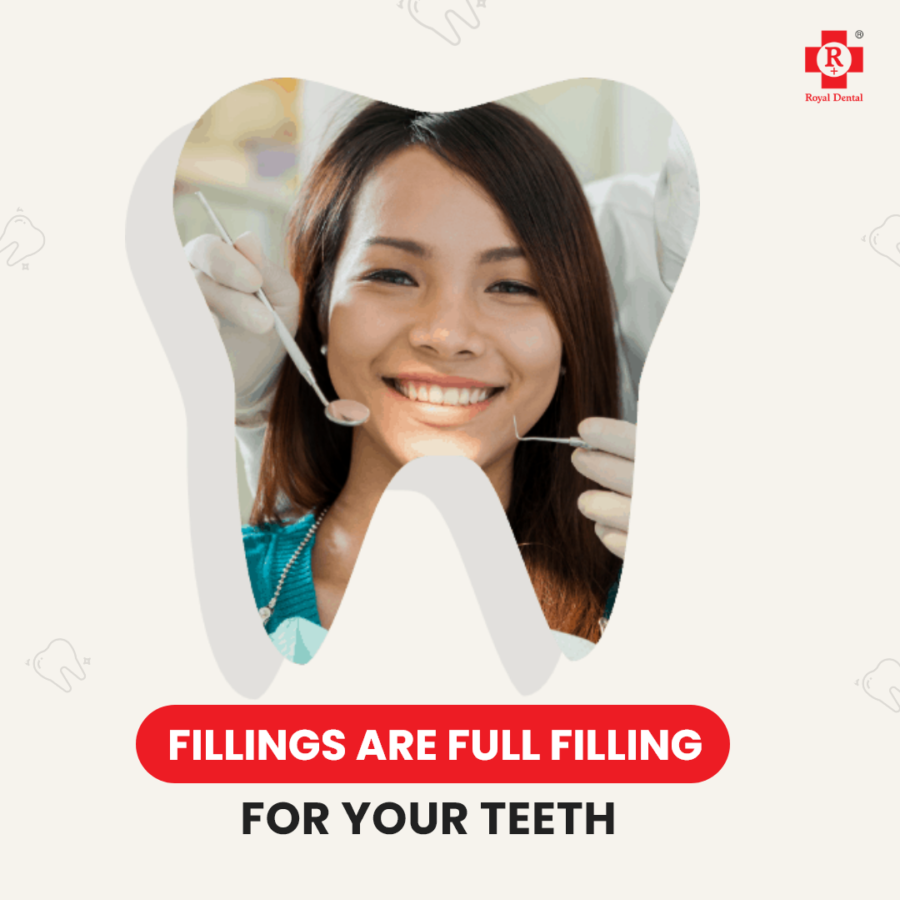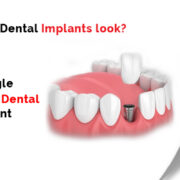Let’s understand more about Dental caries. Dental caries or tooth decay is one of the most common dental problem and can be easily prevented by maintaining proper oral hygiene. Dental caries due to the food debris in-between tooth surfaces. Therefore, educating the patient is necessary with regards to oral hygiene practice. Bottle feeding leads to accumulation of sweetened milk in upper and lower anterior resulting in nursing bottle caries in small children.

What will I feel after a filling?
Dentists may or may not numb the area around the affected tooth, before doing a dental filling.
Hence, depending upon the anaesthesia, you probably won’t feel anything or you may feel some pressure and sensitivity.
Good oral hygiene can help prevent tooth decay:
- Firstly, brush twice a day with a fluoride toothpaste.
- Secondly, Floss in-between your teeth.
- Thirdly, Eat nutritious and balanced meals and limit snacking.
- Finally, visit your dentist regularly for teeth cleaning and oral examination.
Are fluoride toothpaste recommended to prevent dental caries?
In adults toothpaste containing fluoride (1000 ppm), water fluoridation, fluoride mouth rinse, dietary fluoride supplements and professionally applied fluoride gels and varnishes; help to prevent dental caries. Above all, fluorides which enhance remineralisation of enamel lowering the chances of dental caries. Therefore, interdental brushes like floss, interdental brushes, waterpik should used after meals.
Do mouthwashes help to prevent dental caries?
Firstly, antiseptic mouthwashes like chlorhexidine interferes with the sugar and acid production of cariogenic bacteria. Oral prophylaxis or professional tooth cleaning every 6 months. Secondly, tooth cleaning helps to keep oral hygiene at bay and also prevent further tooth cavity. Brushing twice a day in the right direction, and rinsing mouth after every meal; may also help keeping cavity at bay. In between snacking should followed by through gargling.
What are pit and fissure sealants?
Pit and fissure caries can be detected during an oral prophylaxis appointment; and one should immediately get it treated. Moreover, this would prevent further decay or secondary caries, or even a root canal treatment.
Occlusal and occlusion proximal cavities: One should immediately get them treated with tooth coloured restorations to arrest the spread of decay from one tooth to another.
What about food after a dental filling?
After a filling, soft foods are a good choice. Although to avoid irritation in the sensitive area, doctors recommend food such as: Khichdi, Daal Rice, Soup, Scrambled eggs or an Omelet or soft noodles. In conclusion, you can eat after a filling; but the type of filling often determines when you can eat. Moreover, you’ll have to wait longer with an amalgam filling (silver), than with a composite filling (white/tooth-colored). It may take 24 hours for your amalgam filling to completely set.

Earn a Free Ticket to Prevent Dental Caries!
Tooth cavity filling done right | Patient Testimonial review
© All rights reserved by Royal Dental Implants Pvt Ltd
Issued in public interest







very nice blog